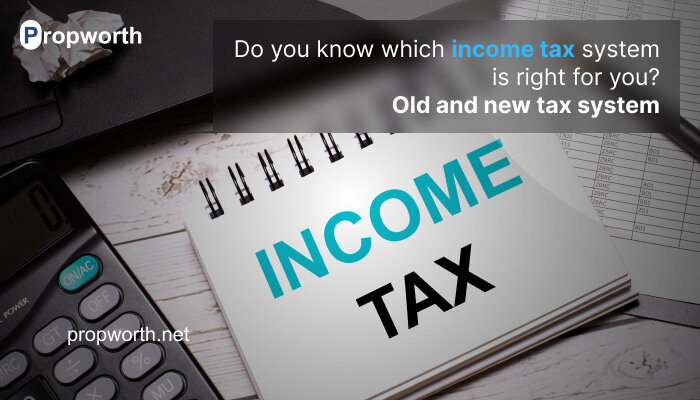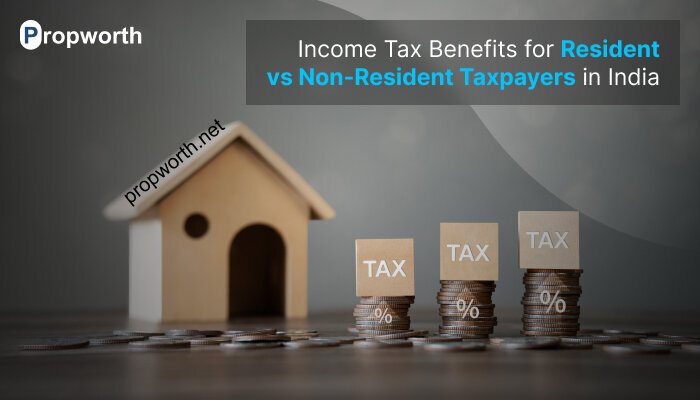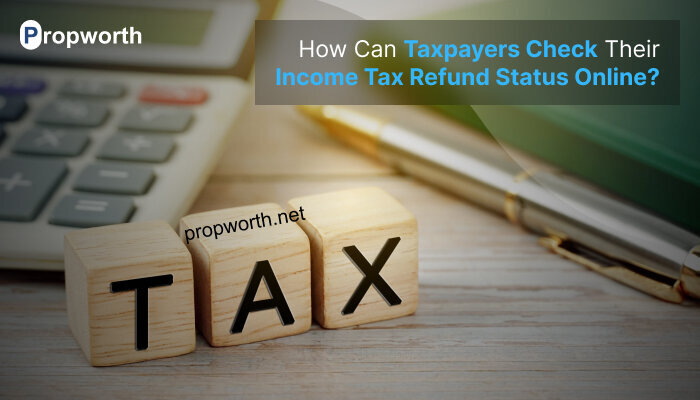Picking the best tax plan can make a big difference in how much tax you pay. In India, there are now two choices for tax plans: the old and new tax systems.
A New tax system
The new tax plan has lower taxes, but you can’t claim as many things to reduce your bill. This plan is good for people who don’t have many investments or things they can deduct from their taxes.
The old tax system
In the old tax system, you had more options to lower your tax bill by claiming deductions. But the tax rates themselves are usually higher than in the new system.
So, which tax system is right for you?
Here are some things to think about before you decide:
- Your income level
- Your investment portfolio
- Your expenses
If you make a lot of money and don’t have many things you can deduct from your taxes, the new system might be better. But if you make less money or have a lot of deductions (like from investments), the old system might save you more money.
In the end, the easiest way to figure out which tax plan is best for you is to talk to a tax advisor. They can look at your situation and tell you which tax plan will save you the most money.
You can also use online tax calculators to see how much tax you would save under different rules. This is an alternative to talking with a tax advisor. This will give you a rough idea of which tax plan is better for you in the long run. By thinking about all your choices, you can pick the one that saves you the most money on your taxes.
Exploring the Tax System in Detail
Take a closer look at each system to see how they work.
- New Tax System: This system has lower taxes, but you won’t get many tax breaks. It might be a good fit for you if:
- You have a regular job (salary) and don’t invest much in things that help you save on taxes, such as PPF or EPF.
- You might not be taking advantage of all the tax breaks available, like those for medical bills and home loan interest.
- Old Tax System: This option lets you deduct more things from your income, which could lower your taxes and save you money. But the tax rate itself might be higher. This might be a good choice for you if:
- You’ve put a good amount of money into tax-saving plans.
- You have certain costs, like doctor bills, interest on your house loan, or money you give to charity.
Remember, it depends on the situation!
Making an informed decision:
To figure out which tax plan is better for you, try using free online tax calculators. You can find these on government websites or trusted financial institutions. These calculators will estimate how much tax you’d save under each plan, making it easier to decide.
Seeking Professional Help:
If your tax situation is complex, talking to a tax advisor is a great idea. They can look at your income, investments, expenses you can lower your taxes on, and your financial goals. Then, they can recommend the best way to file your taxes to save you the most money.
Taking Action:
After you pick which tax system you want (old or new), tell your employer when you file your taxes. This ensures that you pay the correct amount of tax throughout the year.
By following these steps, you can navigate the new tax system and may save money on your taxes!
Tax planning strategies
Besides picking the best tax system for you, there are other ways to lower your tax bill. Here are some tips:
- Invest in tax-saving schemes: In India, there are ways to save money on taxes by investing in programs like the Public Provident Fund (PPF), the National Pension System (NPS), and the Equity Linked Savings Scheme (ELSS). These programs let you deduct what you invest from your taxes, and sometimes the interest you earn is tax-free too.
- Claim all eligible deductions. Don’t miss out on saving money on your taxes! This means claiming all the allowed deductions you qualify for, like those for medical bills, home loan interest, and giving to charity.
- Plan your investments: Think about how taxes affect your investments. Selling stocks you’ve owned for a long time (long-term investments) results in less taxation than selling stocks you’ve owned for a short time (short-term investments).
- Review your tax group. If you make more money, you might jump to a different tax group. This means you’ll pay more in taxes. It’s a good idea to think about how this affects your taxes and adjust your plans accordingly.
These tips will help you save money on your taxes by taking advantage of all the deductions and credits you qualify for.
Remember, taxes can be confusing, and the rules can change sometimes. To make sure you’re paying the lowest amount you legally can, it’s a good idea to talk to a tax expert. They can give you advice specific to your situation.
Disclaimer: This article is just for general information and isn’t tax advice. To get advice that applies to you specifically, talk to a tax professional.










